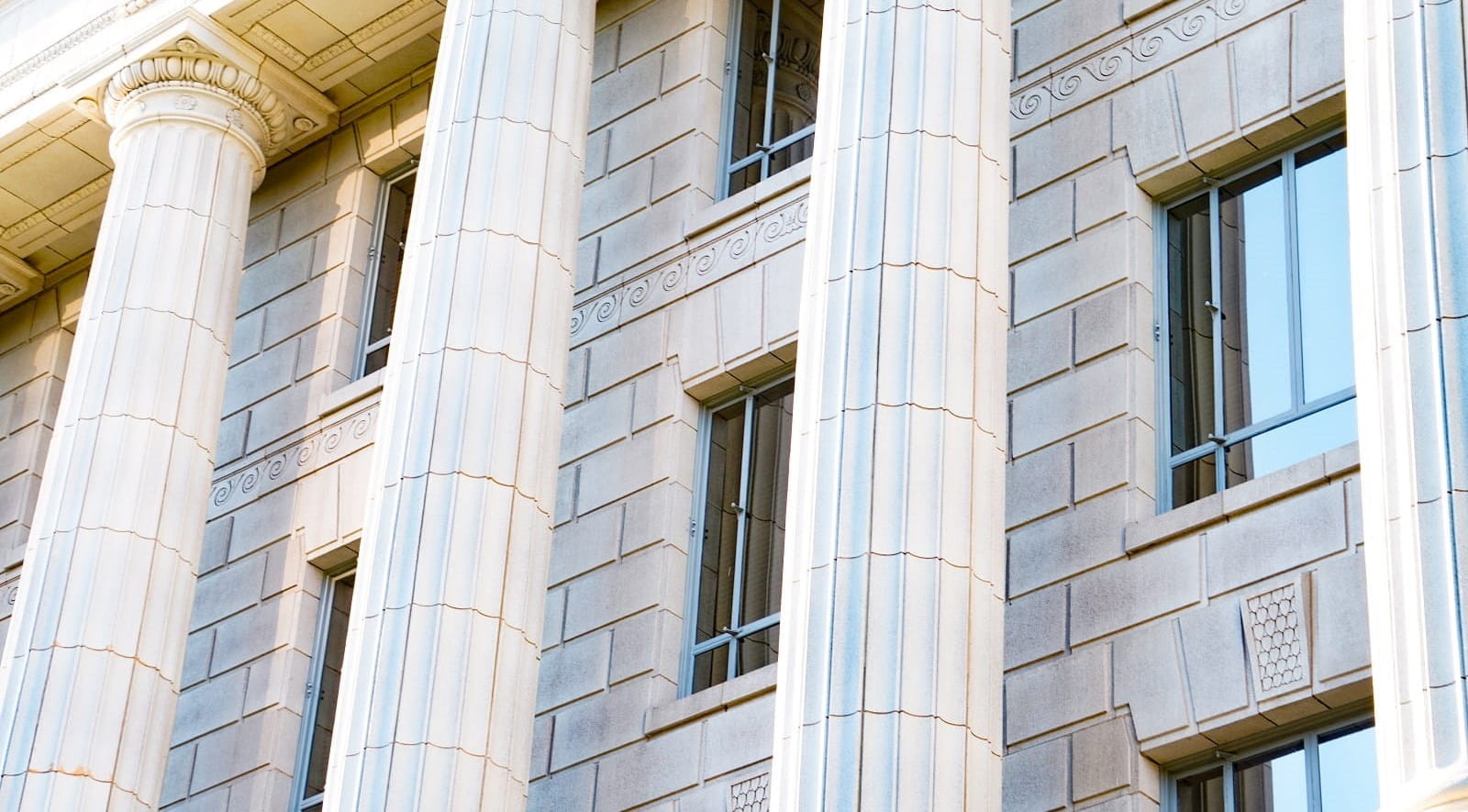In 2023 the UK registered its lowest ever ranking in the Corruption Perceptions Index (CPI), placing it 20th in the world in a comparison of 180 countries, with a CPI score of 71. In 2022 the UK scored 73, a hitherto historic low and ranking the country 18th. By way of contrast over recent years, in both 2020 and 2021 the UK was placed 11th in the world.
The CPI uses impartial surveys from experts and business leaders to score countries by the perceived level of corruption in their public sectors. Results are presented on a scale of zero (perceived as highly corrupt) to 100 (perceived as very clean).
For context, the global CPI average score remains unchanged at 43 for the 12th year in a row. The country perceived to have the least corruption is Denmark, scoring 90, with the lowest rankings being occupied by South Sudan (13), Syria (13) and Somalia (11), all of which are experiencing ongoing civil and military conflicts, and Venezuela (also 13).
Factors affecting the UK
As the Index focuses on the perception of experts relating solely to the UK public sector, political challenges are likely to negatively influence the CPI score. Similarly, periods of political turmoil – for example, the high turnover of ministers, senior officials and changing government priorities – are all factors that will affect the perception of stability and the ability of the UK to tackle systemic corruption challenges.
Over the past two years there have been numerous instances that are likely to have negatively affected the perception of the level of corruption in the UK. A clear demonstration of this was the fact that the UK government’s Anti-Corruption Champion resigned back in June 2022 and the post remains vacant.
Meanwhile, there have also been several revelations and, in some cases, criminal investigations around the awarding of publicly funded contracts. Enquiries are ongoing into the response to COVID-19 and questions are being asked about donations to major political parties and the fairness and transparency of the honour and peerage system.
How the UK is responding
The latest CPI results have been released at a particularly challenging time for the UK as it tries to dissociate itself from a longstanding perception that it has a permissive environment for economic crime and is a favourite destination for dirty money.
Since the Russian invasion of Ukraine in 2022, the UK has made bold political, diplomatic and military strides to support Ukraine. One of those steps has been to tackle the ease by which malicious actors have been able to use the UK, and particularly the City of London, to facilitate economic crime.
While this hasn’t been limited to money moved from Russia, often by extremely wealthy oligarchs, the high-profile nature of these individuals’ links with the UK has been a motivating factor for UK authorities to counter this threat through wide-ranging legislation focusing on economic crime. There have been two acts introduced in as many years, together with sanctions against individuals linked to the Russian regime – clear steps taken by the UK to try to change the attractiveness of the UK system.
Despite several positive steps, however, the UK still faces a number of challenges to presenting a clear and joined-up approach to tackling corruption.
In the UK’s Integrated Review Refresh, published by the government in March 2023, it said that the new Anti-Corruption Strategy “will extend action to close down London as a centre for corrupt elites to launder money and enhance their reputations”. It also promised to scale up law enforcement capabilities to detect, investigate and prosecute corruption both domestically and internationally.
Even though the previous Strategy ended in 2022, a new one has yet to materialise. Together with question marks over the appointment of an Anti-Corruption Champion, this is doing little to improve the perception of the UK’s commitment to tackling corruption.
Implications for the profession
In the UK, many of the new measures introduced by the government have had a direct impact on the accountancy profession. ICAEW, through rigorous consultation with members, has worked extensively with government departments, agencies and regulators to ensure that new measures introduced are able to be implemented effectively and have the desired impact in addressing vulnerabilities in the UK’s financial system.
Many of the measures that ICAEW has promoted extensively, such as reforms to Companies House requiring more accurate identification checks, will help individual businesses protect themselves, as well as give a greater ability for authorities and regulators to enforce both new and existing rules.
ICAEW has also advised government on the implementation of sanctions, and produced guidance for members, to ensure that such sanctions are practical and have a real-world effect on reducing the instances of economic crime or, if required, improving the effectiveness of enforcement measures.
Report card: must do better
Clearly, the CPI results demonstrate that the UK must do better. There have been a series of political crises and upheavals that have undermined the UK’s reputation, both internationally and domestically, as a country able to effectively fight corruption. Challenges in the wider public sector funding model, such as poor financial management by local councils, have done little to help the situation.
Unfortunately, such high-profile events often detract from the difficult and resource-intensive work that is done by the majority of responsible businesses and individuals to reduce the ability of bad actors to manipulate both organisations themselves and the UK system as a whole.
ICAEW will continue to work closely with government to ensure that measures introduced through recent legislation and associated regulations are able to be effectively introduced and enforced. We will also ensure that our members are aware of relevant developments so they can best protect themselves and ensure that the UK financial system is both secure and prosperous.
Further reading:
- ICAEW’s Manifesto 2024 includes a call to action to tackle corruption
- ICAEW signs call to tackle corruption
Economic crime hub
In these articles and videos, we explore the latest trends and perspectives on economic crime from around the world, and look at how chartered accountants can help prevent it happening.




